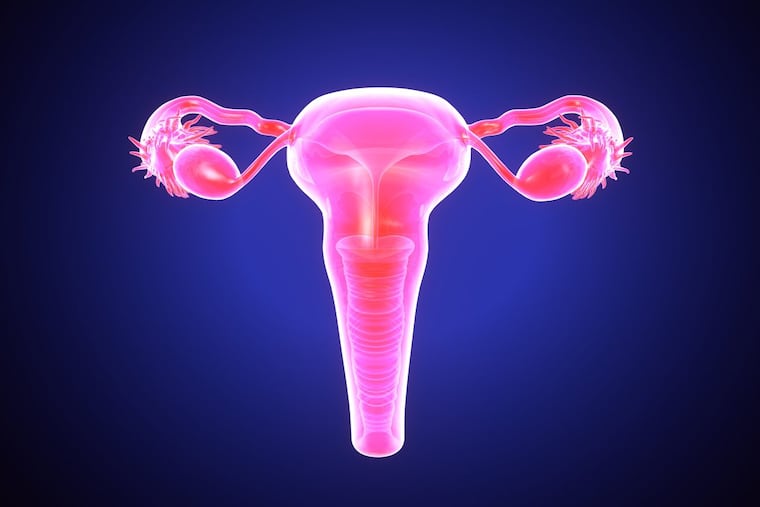A woman with a transplanted uterus gave birth - a first for the US
Doctors at Baylor University say a woman born without a uterus has delivered a baby after a successful transplant, the first time the surgery has worked outside of the Swedish hospital that pioneered the procedure.

For women with uterine factor infertility who want to be mothers, the calculus has always been heartbreakingly simple: No uterus means no pregnancy.
The equation changed drastically in 2014, when Swedish doctors delivered a healthy 3.9-pound baby that was the result of a successful uterus transplant.
Now, doctors at Baylor University say a woman born without a uterus has delivered a baby after a successful transplant, the first time the surgery has worked outside of the Swedish hospital that pioneered the procedure.
[Read more: Penn Medicine will offer uterine transplants]
The success marked another step forward for transplant surgery aimed at improving a person's life, not just saving it. Doctors have performed penis transplants for wounded troops, given a young boy two new hands and given a new nose, lips, palate, eyelids and jaw to a woman who was gruesomely disfigured after she was shot in the face.
The fact that the uterus transplant success in Sweden can be replicated is a promising sign for thousands of women who have been unable to conceive. And doctors at Baylor have sought to expand the limits of the procedure, using donated uteri that didn't come from family members and, in some cases, organs that came from cadavers.
"To make the field grow and expand and have the procedure come out to more women, it has to be reproduced," said Liza Johannesson, a uterus transplant surgeon who left the Swedish team to join Baylor's group, told the New York Times. "It was a very exciting birth. I've seen so many births and delivered so many babies, but this was a very special one."
Baylor's clinical trial was designed to include 10 women. Eight, including the new mother, have received the transplants so far. One recipient is pregnant, and two are trying to conceive. Four others had transplants that failed, and the organs had to be surgically removed.
The surgeries differ from other transplants in one major way: They're not intended to be permanent. Instead, they give a woman enough time to conceive a child. In vitro fertilized eggs are transferred to the woman's womb, and after the baby is born, the uterus is removed via surgery.
That means the patient doesn't have to spend a lifetime taking powerful drugs that suppress her immune system, which would put her at risk for dangerous long-term complications.
The university hasn't released the names of the mother or the baby, saying they chose to remain anonymous.
But according to Tech Times, the donor uterus came from Taylor Siler, a Dallas nurse who has two children. She said she wanted to offer another woman a chance to give birth.
While this most recent birth is a step forward, uterine transplantation surgery is still in its very early days, and doctors conceded that there had been setbacks, particularly with the earliest volunteers.
University of Pennsylvania reproductive endocrinologist Christos Coutifaris, who is president of the American Society for Reproductive Medicine, said the Baylor birth is "another important milestone" in the history of infertility treatment, but ongoing research into transplants should be done under the oversight of ethics review boards.
The society "wishes to emphasize the need to move forward with caution," Coutifaris said in a statement.
In February 2016, Lindsey McFarland became the first woman to receive a uterus transplant in America. The organ came from a dead donor and was implanted during a nine-hour surgery.
Her story gave a sense of just how tenuous the nascent surgery is. She had to have her transplanted uterus removed after coming down with a yeast infection.
According to Newsweek, most of the women in Baylor's trial had Mayer-Rokitansky-Küster-Hauser (MRKH) syndrome, which makes pregnancy and giving birth impossible.
And for most of their lives many had been told that they wouldn't be able to have children.
"We do transplants all day long," Giuliano Tesla, who heads the uterus transplant clinical trial at Baylor University Medical Center, told Time magazine. "This is not the same thing. I totally underestimated what this type of transplant does for these women. What I've learned emotionally, I do not have the words to describe."